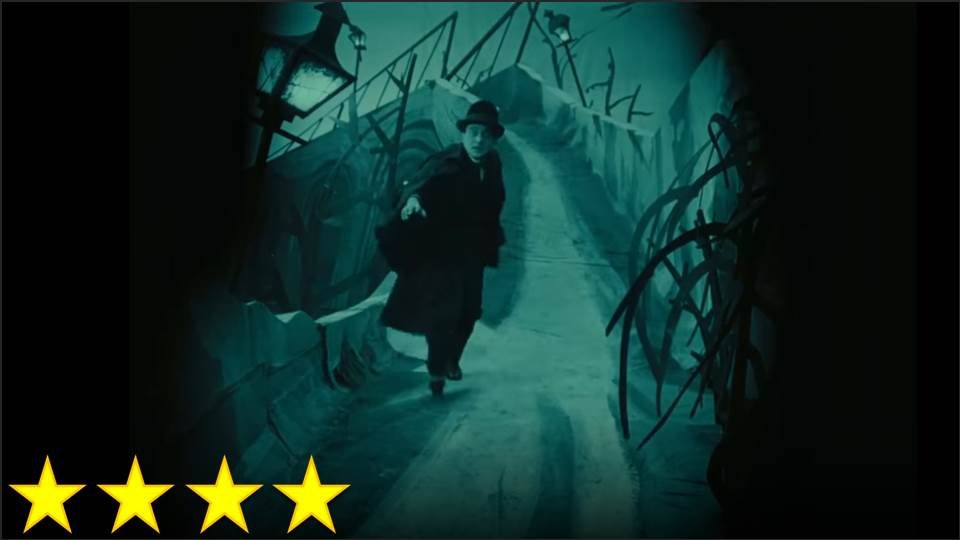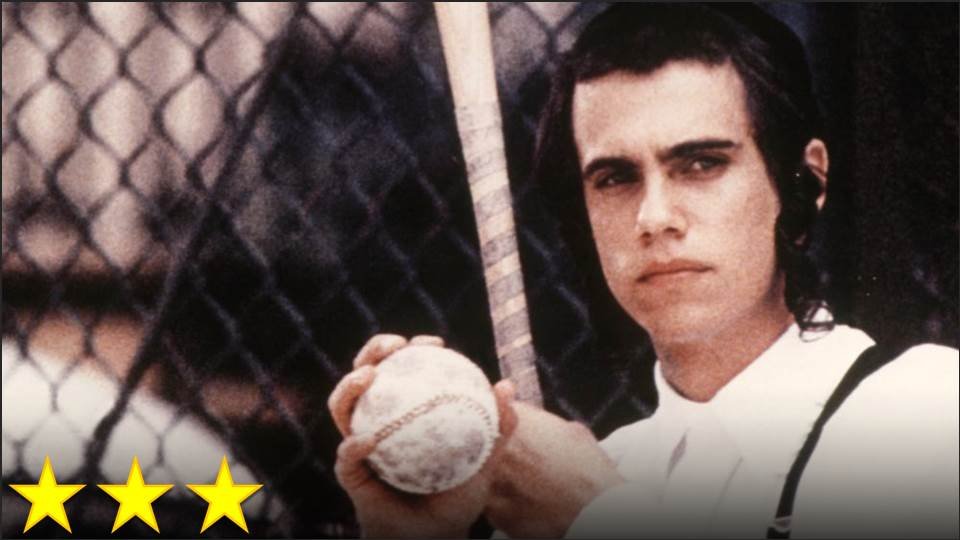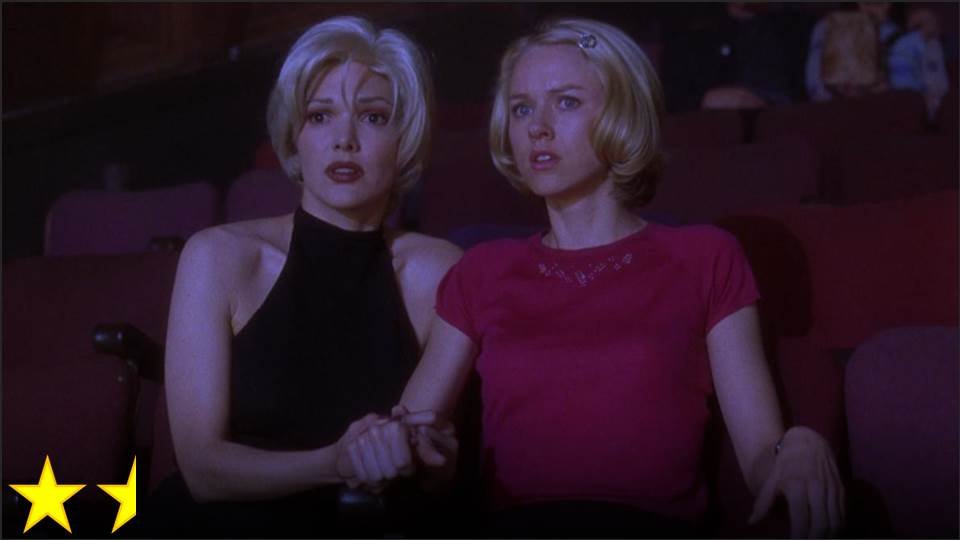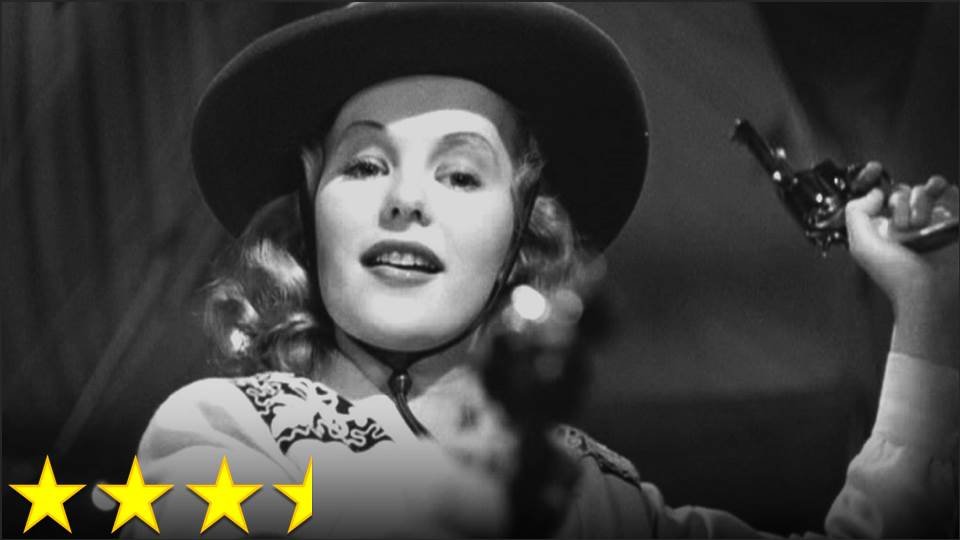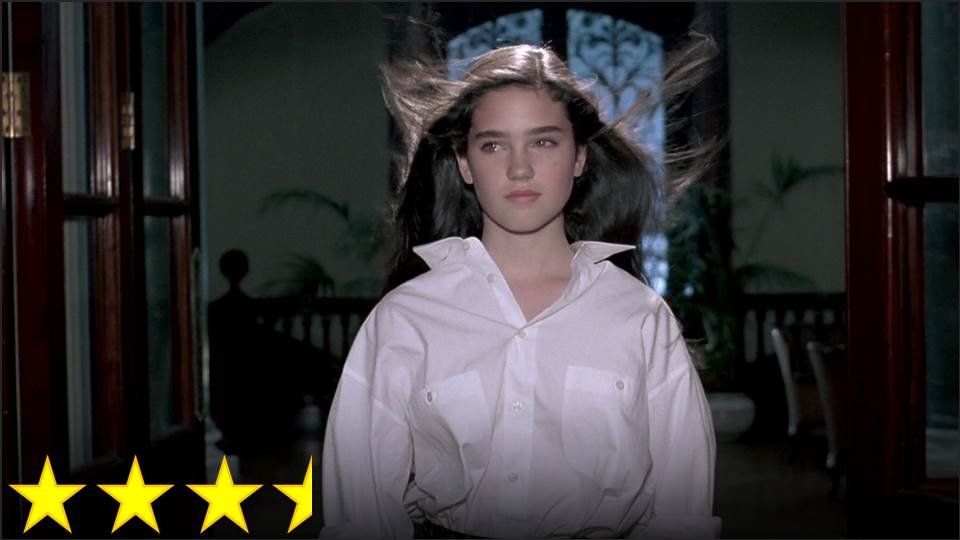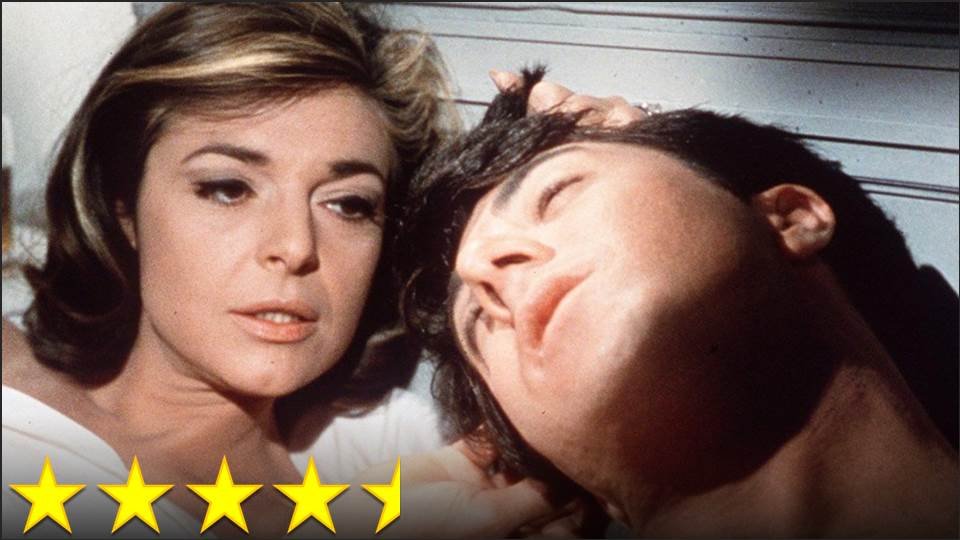It’s rare for me to see a film with a plot as difficult to follow as this one. Even though I searched online for plot descriptions to help me out, I got lost during many parts of the film, which might be a sign of bad filmmaking, but might just mean part of the film is missing. Fortunately, this movie isn’t so much about plot as it is about visuals, moods, moments, characters, realizations, and experiences. It has a visual style that many films have emulated, but not nearly enough, and depending on the score that accompanies it, it can be a totally wild experience (right down to the inter-titles). I certainly have my issues with the film – it’s really rather boring at times, and I’m not wild about much of the confusing storyline – but when critics all over the world praise and hail this film as a gem of cinema, I have to agree. The reason why I have to agree is that I am forever in this film’s debt for offering cinema the kind of theatrical style that I adore, and that alone makes it one of the greatest contributions to the history of film.
In the future, though, let’s try to make German Expressionist visuals that don’t use that annoying yellow tint for half the film, okay?
